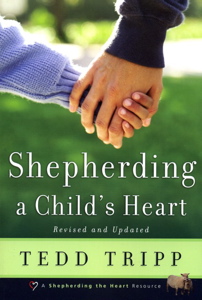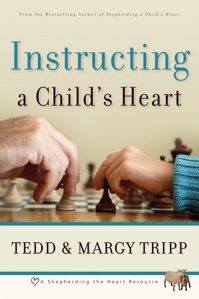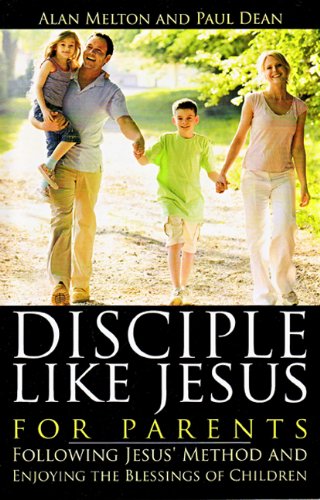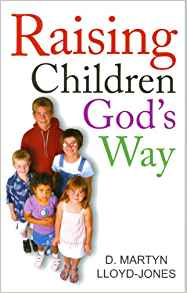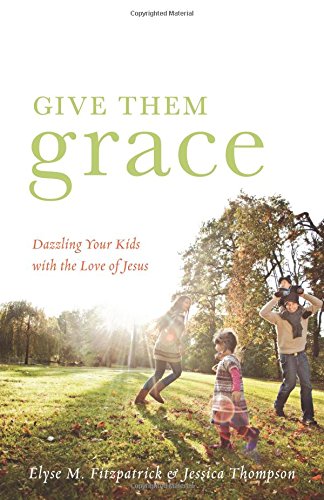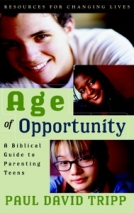The term education, as it is commonly received, is too restricted in its signification. In its usual acceptation, it is applied to the acquisition of what may with propriety be called worldly information, as distinguished from spiritual knowledge; and to the training of the mind for the investigation of philosophical truth, or for the business and callings of this life. Hence has arisen the qualified phrase, ‘religious education,’ to designate the particular character of the instruction and training received. This circumstance has alienated the idea of religion and spiritual knowledge from the word ‘education,’ as generally employed and understood. But, strictly speaking, it forms much the most important part of all genuine and scriptural education. No education can be complete without it, nor answer the great end for which all knowledge should be imparted, or acquired.
There is, moreover, a species of domestic education, long sanctioned by fashionable society, which is just the opposite of that which we apprehend to be enjoined by Scripture. And if it be not effected by direct instruction it is by current precept and habitual example. The conversation and conduct of some parents, make the impression on the minds of their children, that happiness consists in the possession of wealth or fame, or in the indulgence of fashion, pleasure, or amusement. Hence, as we might expect, this impression (than which nothing can be more erroneous) gives character and direction to all the exertions and aims of their children through life. The chief business of life they suppose to be to acquire wealth, or expend it in the indulgence of the various animal passions. Under such an influence, they are trained to shine in the hall of gaiety and fashion, to parade the street in idleness and show, and become the object of the world’s approbation, its envy and applause. The burden of parental solicitude seems to be, in such cases, that their children may appear to what they falsely judge to be advantage in society. No trouble nor expense is spared to secure this end. The topics of family conversation, and that too in the presence of the younger members and servants, are fashionable opinions, parties, amusements, and dress the merits and pleasures of the last party, and the prospects and anticipations of the next; or the character, manners, appearance, and detects of such an one, and the beauties, accomplishments, and merits of another. With such training, what must inevitably be the character of the children? Their education has no reference whatever to the next world, and looks not beyond the grave, yea, not beyond the days of health, prosperity, and active life. They are trained to be butterflies, to flutter for a season in a gaudy attire, from place to place, while the short summer of life sheds upon them its genial warmth, and to be forgotten and unknown, when the chilling winter of sickness, of age, of adversity or death shall come upon them. Yes, many who sing in the giddy circle,
‘I would be a butterfly,’
have their wish even while they utter it. Many Christian parents, so called, are a thousandfold more guilty and cruel towards their children, than the heathen Chinese towards theirs. The former do for the heads and hearts of their children, what the latter do for the feet of theirs. They compress them into the smallest possible compass. Such an education unfits them for usefulness in this life, or happiness in the next; for their salvation is thus rendered wholly improbable, and next to impossible. They are miserable in both worlds; drones in this, and outcasts in the next. It is, to be sure, a more refined and fashionable road to perdition, but not the less, but rather the more, certain on that account. It is a road strewed with flowers, but they are the leaves of the cypress, the badges of mourning over ruined souls. It may be enlivened by music, but it is the sweetly alluring voice siren. The devoted travelers may be decked in garlands, but it is for the immolation of the soul.
Indeed, such an education does not contemplate future existence of the soul at all. For if such parents make suitable provision for the bodies of their children in this life, still there is none made for the soul in the life to come This is entirely overlooked, as unimportant and unnecessary. But does not the brute creation protect and provide for the bodies of their offspring? Wherein do they differ?
The duty of spiritual education and provision is also binding in reference to the servants, who constitute a part of your household. It is true, you may only have bargained for their labour, and promised a temporal support, but they belong to your domestic society, and have souls, which must be miserable or happy in the world to come. When you hire beasts, you bargain for their labour, and provide for their bodily sustenance; is there then no difference between them and your servants? The pious Job asked with great significancy, ‘If I did despise the cause of my man-servant or of my maid-servant, what shall I do when God riseth up? And when he visiteth, what shall I answer him,’ Job 31:13, 14.
The believing Centurion also manifested great concern for his servant. He is represented as beseeching Christ, with great earnestness, to heal his servant, which he did Matt. 8:6, 7.
